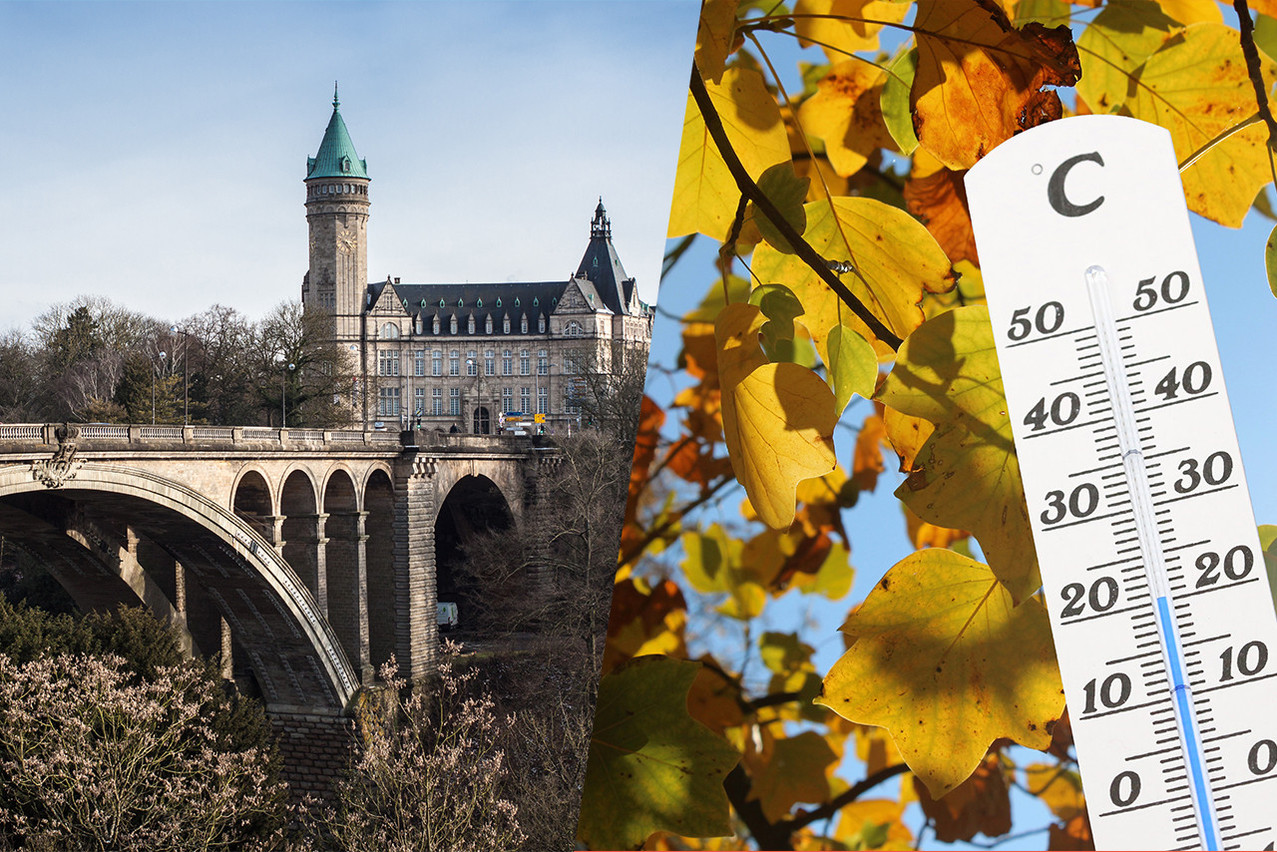Although this is more obvious in the summer, climate change also had an impact on the winter. Over the period from 1 December to 28 February, MeteoLux recorded “very contrasting temperatures, especially in December.” The end of the last month of the year was marked by very mild weather due to subtropical air. A record temperature was reached on 31 December, the warmest day of the winter, with 15.7°C. This was the warmest temperature recorded since December 1947. In 2019, a temperature of 14.7°C was recorded on 17 December.
In general, temperatures were well above normal until mid-January. For these comparisons, MeteoLux uses a reference period from 1991 to 2020. The average winter temperature was 3.3°C, which is 1.4°C warmer than the reference period.
Less rain, and logically more sunshine
The level of precipitation was lower than normal, with a clear deficit of precipitation, particularly in February, due to anticyclonic conditions. Over the period examined by MeteoLux, 171.4 l/m2 of precipitation was recorded, which is 22% less than over the reference period. February in particular had the least rainfall, with only 4.4 l/m2, making it the second driest February on record since 1959. MeteoLux recorded 39 days of precipitation this winter compared to 51 days in the comparison period.
While precipitation was lower this winter, there was more sunshine. Long-term averages (1991-2020) show that 173.7 hours of sunshine are expected during the winter period. The winter of 2022-2023 was about 5.2% above the reference period 1991-2020, with 182.8 hours of sunshine. The month of February in particular had the most sunshine with 116.4 hours, 48% more than the reference period.
This story was first published in French on . It has been translated and edited for Delano.
